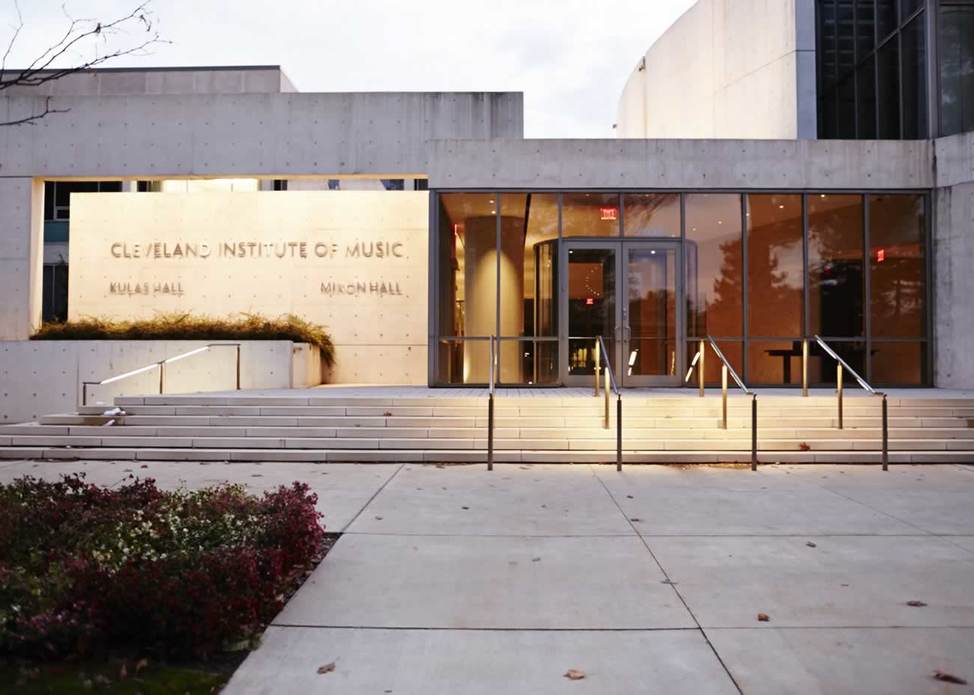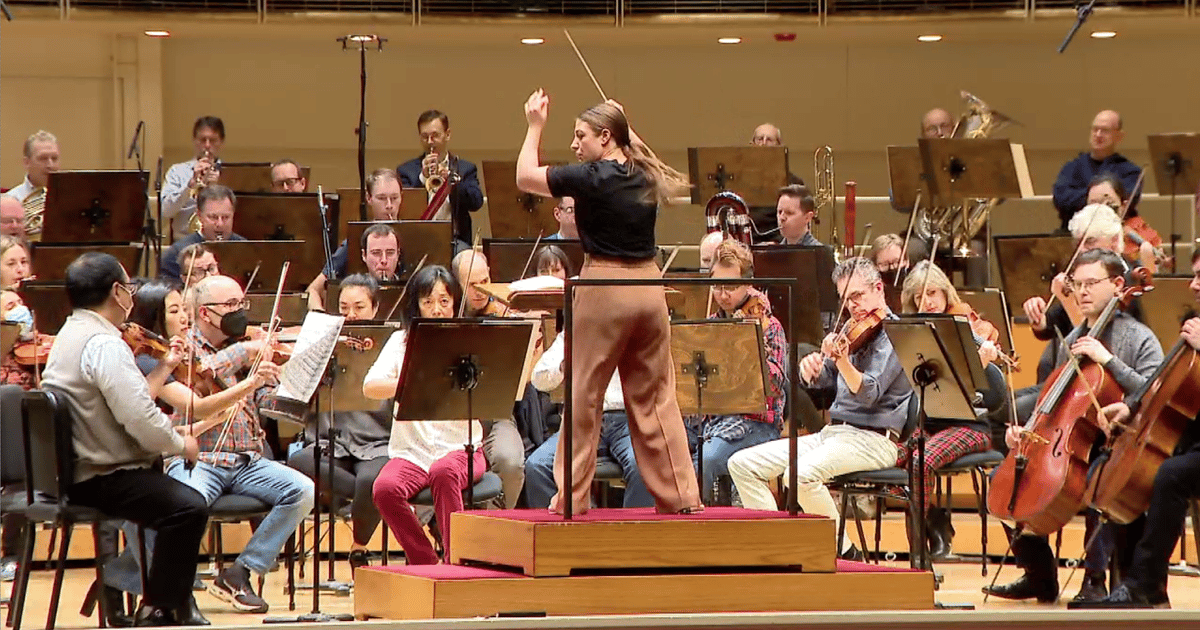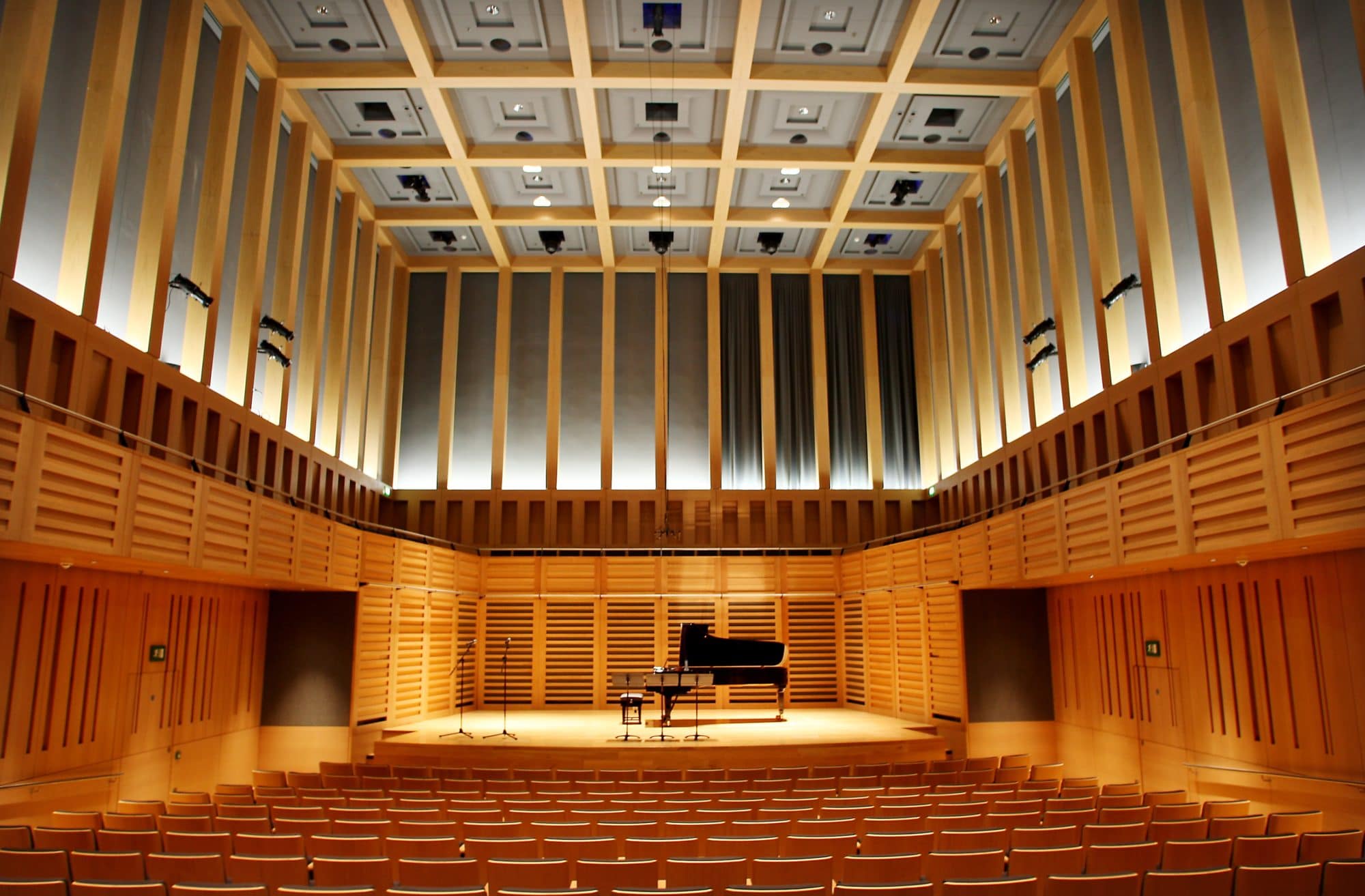Daniel Barenboim: ‘This may be the moment to look for a true solution’
mainThe conductor has written an article in the Guardian on the Gaza situation. His is almost the only voice that raises a glimmer of hope from the present disaster. Read Daniel here. You really should.






Amen to every word, Mr Barenboim!
The problem is those who should read it, won’t. And if they do, their understanding only recognizes the “passion” part of “compassion”.
Either you have the latter or you don’t.
It’s sad but this is mainly preaching to the choir.
I’ve posted these comments elsewhere already, but in case visitors to Norman’s blog might be interested, I’m adding them to this forum too.
I have a great deal of respect for Daniel Barenboim as a musician and as a human being, and given the extremity of the current political discourse in Israel, it takes a good deal of courage to espouse some of the points he makes in this article about the importance of recognising Palestinian suffering, and particularly the urgent need for dialogue with Hamas.
But I have a real issue with the way his first paragraph elides ‘military’ and ‘political’. It doesn’t follow from the obvious truth that ‘there is no military solution to this conflict’ that there is no *political* solution. And going on to claim further that this is ‘not a political conflict but a human one’ takes him into really dangerous territory – what would Edward Said have made of this, I wonder?
The implication is that at root what is happening in Israel-Palestine is a ‘tragic’ clash of two peoples with a conflicting set of beliefs. At one level of course it’s easy to skim over this as a self-evident truth; but in fact it’s a serious distortion of the reality. The conflict is *not* at heart a human one – Palestinians and Israelis are perfectly capable of co-existing and flourishing together, as Barenboim’s own orchestral projects have been at pains to demonstrate. On the contrary the root cause *is* political, pure and simple. It’s not about religion or ethnicity; it’s about a longstanding national liberation struggle on the part of a population who have seen their legitimate aspirations for statehood denied for the best part of a century, and subjected to brutal military occupation for decades. It’s this recognition on the part of Israel that needs to precede the human dialogue, and until this political truth is recognised no amount of human dialogue will take us forward.
For those who take an interest in music in Palestine: it’s the troubling argumentation underpinning Barenboim’s article here which explains the great suspicion with which his (extremely high-quality) music teaching operation in Ramallah ends up being viewed by many cultural organisations locally. Music teaching is important, but if it’s aimed primarily at ‘normalising’ relations between Israelis and Palestinians whilst overlooking the fundamental political injustice at the heart of the conflict, then questions will rightly be asked about whether it can ever be said to be contributing to a solution. Indeed, many Palestinians argue it’s actually in danger of undermining their political cause by giving the impression that things can be solved solely through cultural activity. Whether or not that’s an accurate perception of Barenboim’s own beliefs (I am sure in fact his own views are actually more nuanced), the unfortunate fact is that their conclusion is to a great extent borne out by the hopelessly reductive coverage of the Divan orchestra in the western press (Barenboim brings peace through music! / Barenboim brings together Israelis and Palestinians! / Universal language of music pours balm on troubled souls! etc).
None of this is to denigrate the important human contribution which his organisation’s West Bank teaching has made and continues to make, but it’s essential that the message about the importance of ‘cultural rapprochement’ doesn’t fool us into thinking that anything can be solved without a primary focus on political resolution.
Very exact and sadly truthful analysis.
I fully agree with you about what you understood concerning Barenboim’s work in Palestine ,could even add more negative notes ,but this isn’t the main discussion .
The (problem) is political or ( a matter of Justice and injustice ). We should note that Gaza is not only Hamas (even though Hamas is the bigger faction in the resistance) . All are coordinating under a unified Title what we Palestinians call resistance.
Western media describes all under Hamas to lessen solidarity (as Hamas is not of the west favorites). I’ve heard Mr. Barenboim many times in different occasions preaching (It is all about learning to listen to each other) .Well I think It doesn’t solve the (problem) when (Israel) or the west recognize Hams or change to whom to talk with to Hamas. I believe the start point should be recognizing (or admitting ) the confiscated rights of the Palestinians